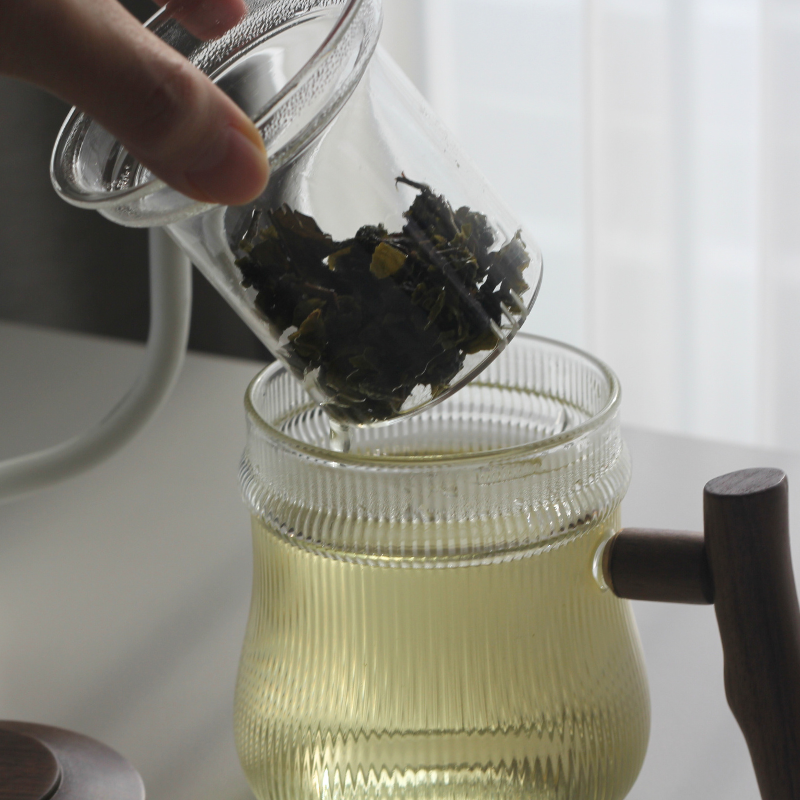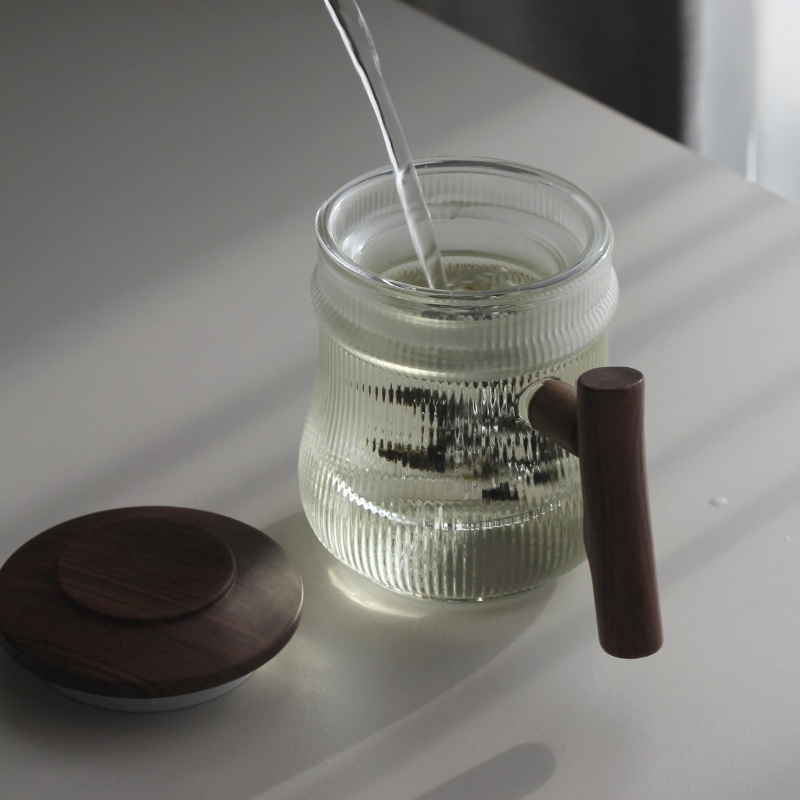TEA JOURNEY [7] | Is Tea Good For You?

In China, the birthplace of tea, it has long been believed that tea helps balance the energy in our body.
In particular, the ancient Chinese medical book "Shen Nong's Herbal Classic" states that "tea strengthens the heart, eliminates toxins from the body, improves eyesight, relieves fatigue, enhances concentration, and calms the nerves."
That's quite the claim.
However, since then, these anecdotes and oral traditions have been scientifically validated based on research conducted in the 20th century.
Shall we take a look at the various components and benefits found in tea?
Note that we are not making any medical claims for the efficacy of tea. Have discretion that great things should be consumed in moderation. Excessive consumption of tea may lead to headaches and dizziness from the caffeine. Medical institutions such as the Harvard Public Health school recommend about 2 to 3 cups of tea per day for its immune boosting properties.
1. Polyphenols: This compound is one of the main components of tea, particularly abundant in green tea. Polyphenols are known for their powerful antioxidant properties and their preventive effects against free radicals.
2. Catechins: Catechins, mainly found in green tea, help reduce inflammation and maintain vascular health. They also assist in lowering LDL cholesterol levels.
3. Caffeine: All teas contain a certain amount of caffeine. Caffeine stimulates the nervous system, improving mood and increasing concentration. However, excessive consumption can lead to side effects such as insomnia and anxiety, so it should be consumed in moderation.
4. L-Theanine: This amino acid is particularly abundant in green tea. L-Theanine has calming effects and helps reduce stress.
5. Flavonoids: Flavonoids are compounds that determine the color of tea and have antioxidant effects. They can also help reduce the risk of cardiovascular diseases.
6. Tannins: Tannins determine the taste and color of tea. They have antioxidant effects and aid in digestion.
7. Vitamins and minerals: Tea leaves are rich in vitamin C, but it is completely destroyed when brewed with water above 30 degrees Celsius. Therefore, drinking tea does not provide a significant intake of vitamin C. However, tea contains a variety of B vitamins. Additionally, a cup of tea contains 0.3mg of fluoride, which can help prevent the formation of dental plaque.
The composition and benefits of tea may vary depending on the type of tea.
Drinking tea with such diverse benefits regularly can greatly contribute to maintaining good health.






![TEA JOURNEY [13] | Tea Tasting Terminology](http://tingeofsoul.com/cdn/shop/articles/IMG_3072.jpg?v=1686898175&width=1080)
Leave a comment